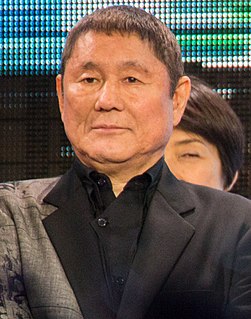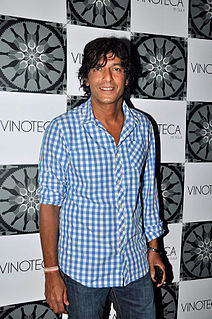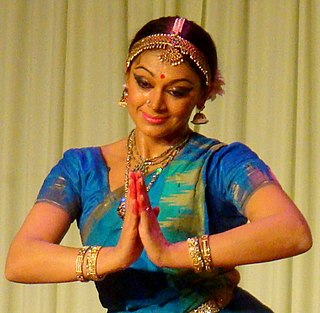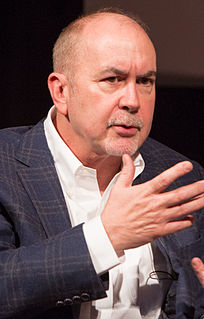A Quote by Farhan Akhtar
It was interesting to write ad films and scripts for TV shows before I moved on to writing a feature film. That helped me grow as a writer, and I also found out how long I could sit in front of a computer and see something through.
Related Quotes
Doing TV shows helps me a lot in my screenplay writing and filmmaking, especially since my TV shows are in different formats: comedy sketches, talk shows, debate programs, art variety shows, quiz shows. These enable me to meet interesting people with interesting stories and to learn about interesting subjects, all of which I can reflect into film.
I pretty much drink a cup of coffee, write in my journal for a while, and then sit at a computer in my office and torture the keys. My one saving grace as a writer is that, if I'm having trouble with the novel I'm writing, I write something else, a poem or a short story. I try to avoid writer's block by always writing something.
I got my big movie break thanks to an emergency in a five star hotel bathroom. I was attending a film party, wearing a kurta pajama. At the washroom, I could not open the pajama knot and was screaming for help. Pahlaj Nihalani was there and he helped me out. And before I knew it, I was in front of the camera for my first feature film, 'Aag Hi Aag!'
To the question of writing at all we have sometimes been counselled to forget it, or rather the writing of books. What is required, we are told, is plays and films. Books are out of date! The book is dead, long live television! One question which is not even raised let alone considered is: Who will write the drama and film scripts when the generation that can read and write has been used up?
I started writing because I wanted to write scripts, but I wasn't very good at it. Then I started writing short stories, sort of as treatments for the film scripts, and I found I enjoyed writing short stories far more than I enjoyed writing film scripts. Then the short stories got longer and longer and suddenly, I had novels.
As soon as I finished film school I was thinking about, how do I get to feature films? It took about eight years, and I'm still working. Feature films was not the end goal. Feature films was one of the stages. Getting to the point of the Coen brothers or Tarantino, where you're writing your own material and have the budget to do it properly, that's the end goal, and I'm close to that.
Before I published my first book, I worked for a while as a documentary and wedding/bar mitzvah videographer, and a part of me still mourns the lost filmmaker I'll never be. Working on a documentary is nearly the opposite artistic process to writing: as a writer you are always trying to fill out a world to fit your story, but as a documentarian your work is to carve a story out of the world. Sometimes, when I'm feeling particularly blocked at my computer, I miss the days when I could just point my camera at something interesting and wait to see what happens.
I found that many gifted people are so afraid of writing a poor story that they cannot summon the nerve to write a single sentence for months. The thing to say to such people is: "See how *bad* a story you can write. See how dull you can be. Go ahead. That would be fun and interesting. I will give you ten dollars if you can write something thoroughly dull from beginning to end!" And of course, no one can.
When I said that something was going to cost a certain amount of money, I actually knew what I was talking about. The biggest problem that we were having on the financing front was people with lots of money saying "you need more money to make this film [Moon]," and us saying "no this is the first feature film we want to do it at a budget where we sort of prove ourselves at the starting end of making feature films; we can do this for $5 million." That is where the convincing part between me and Stuart came, we had to convince people with money that we could do it for that budget.
If only you’d remember before ever you sit down to write that you’ve been a reader long before you were ever a writer. You simply fix that fact in your mind, then sit very still and ask yourself, as a reader, what piece of writing in all the world Buddy Glass would most want to read if he had his heart’s choice. The next step is terrible, but so simple I can hardly believe it as I write it. You just sit down shamelessly and write the thing yourself. I won’t even underline that. It’s too important to be underlined.





































